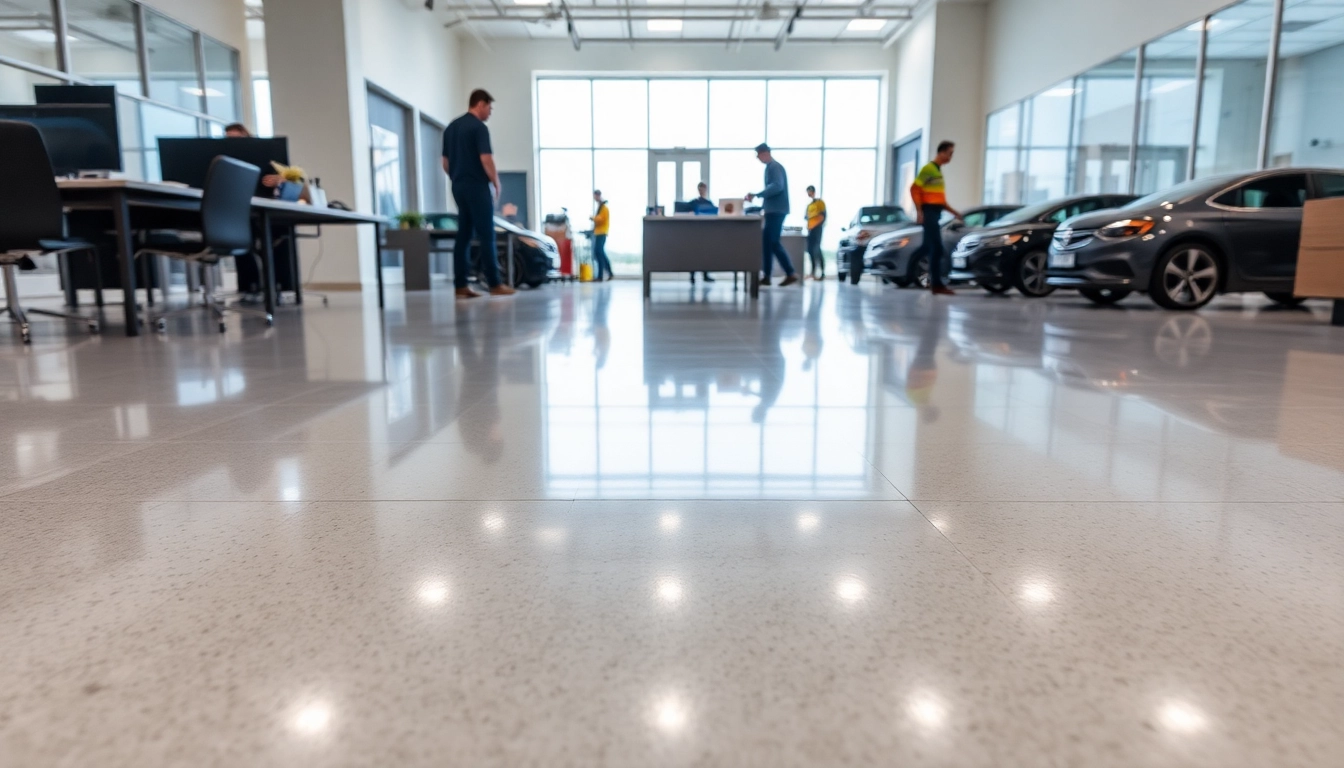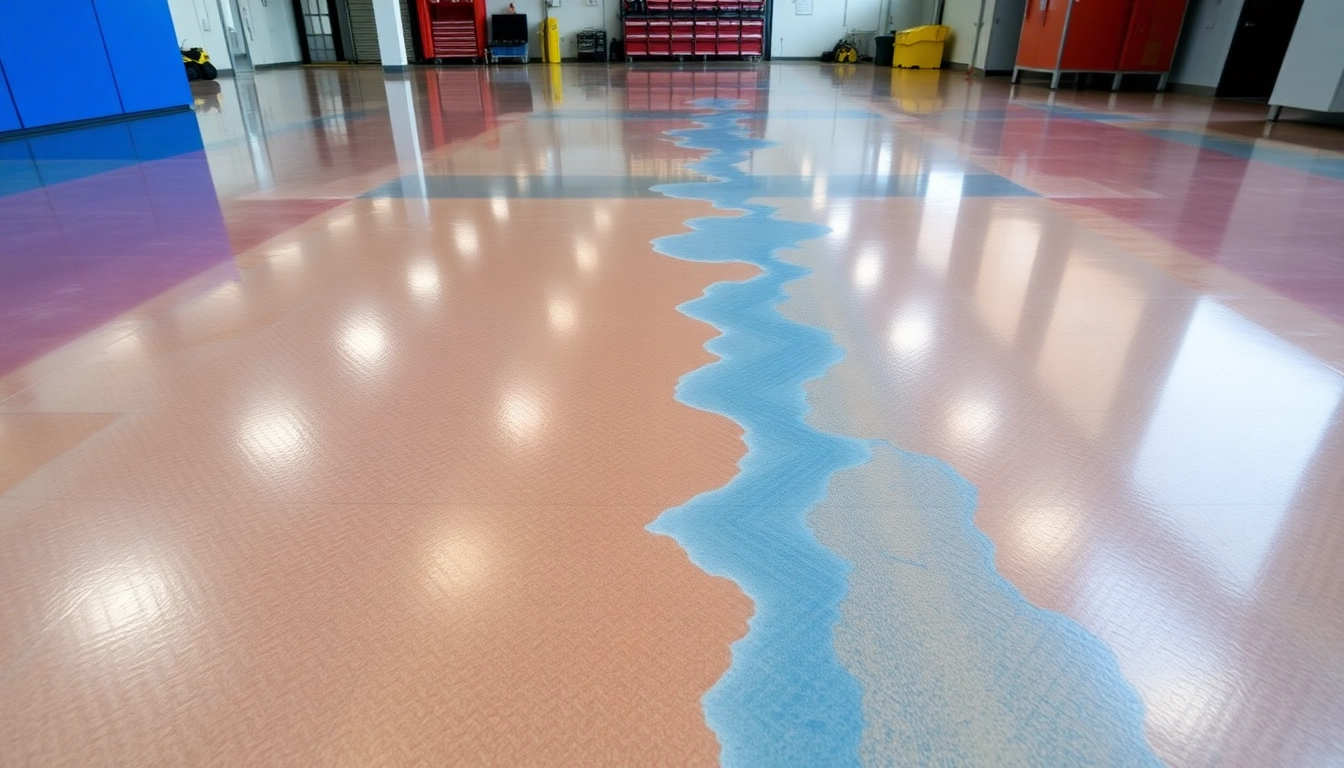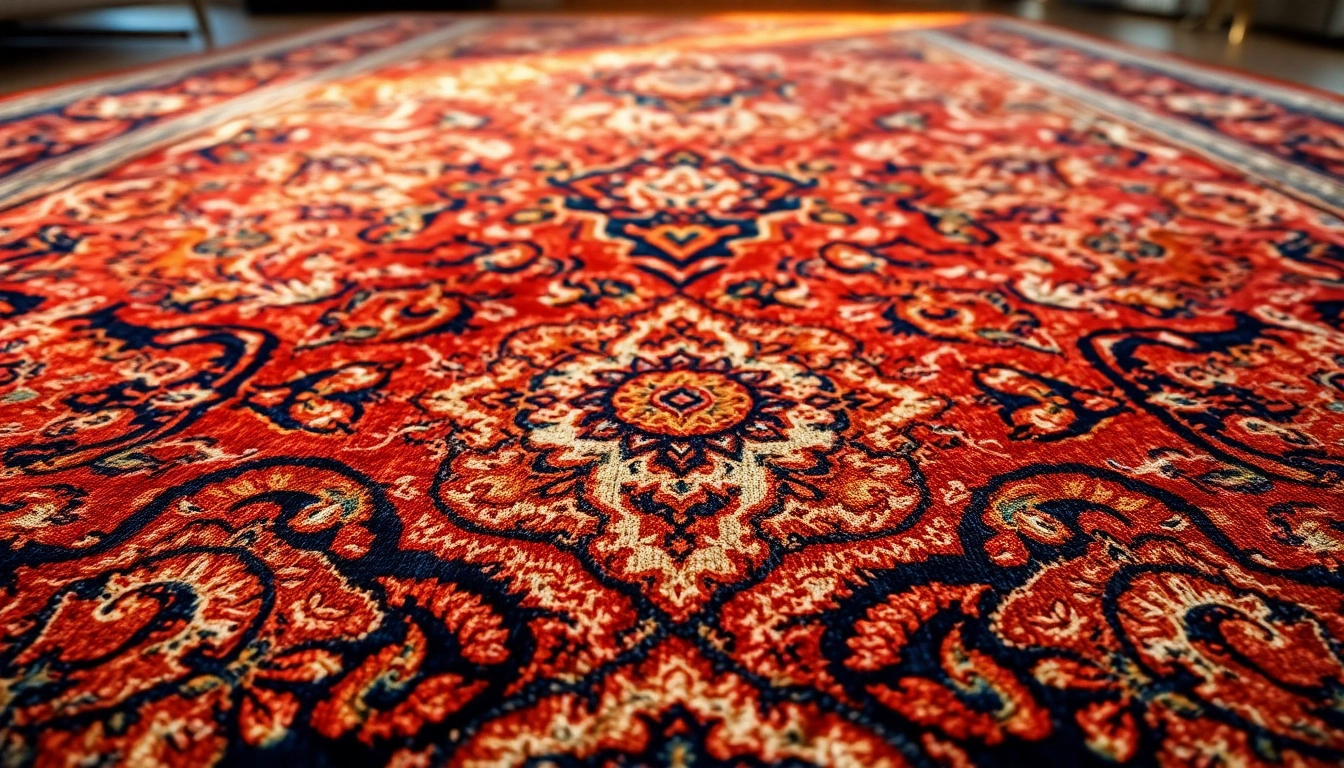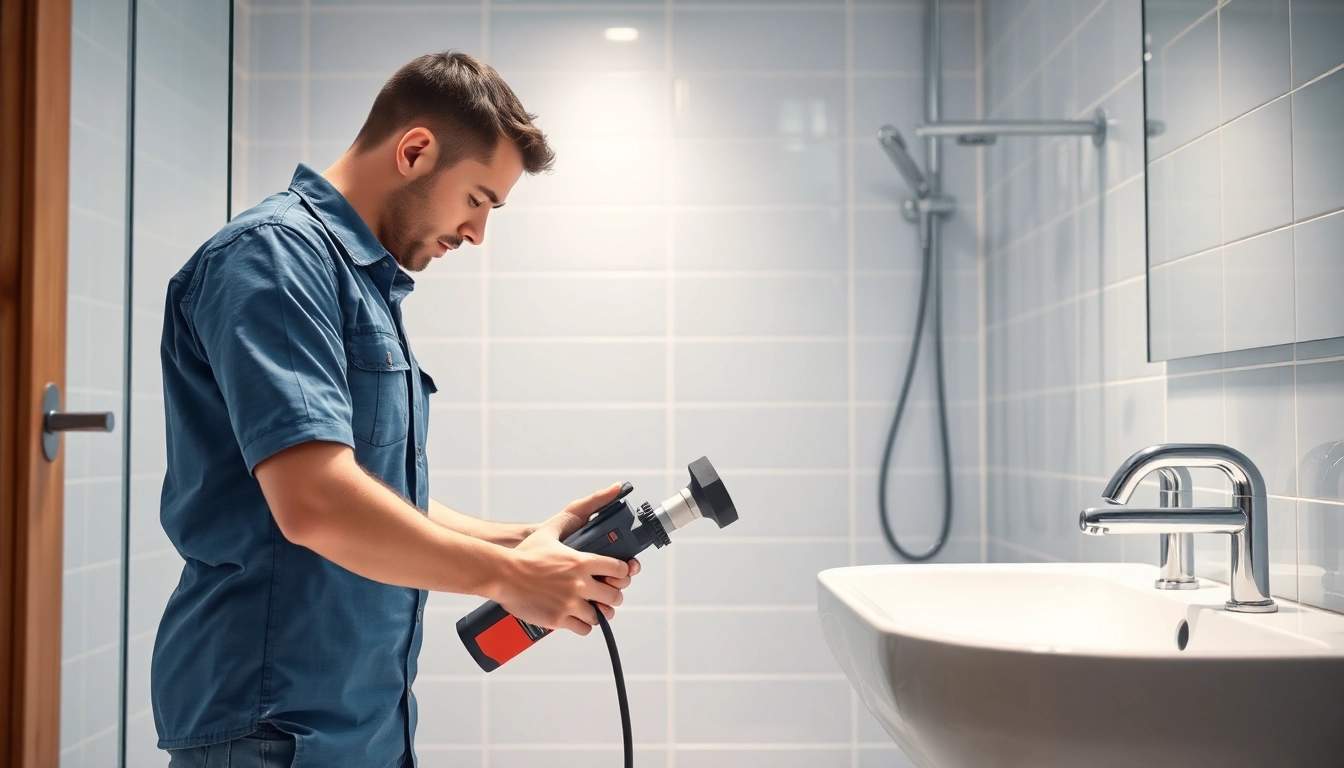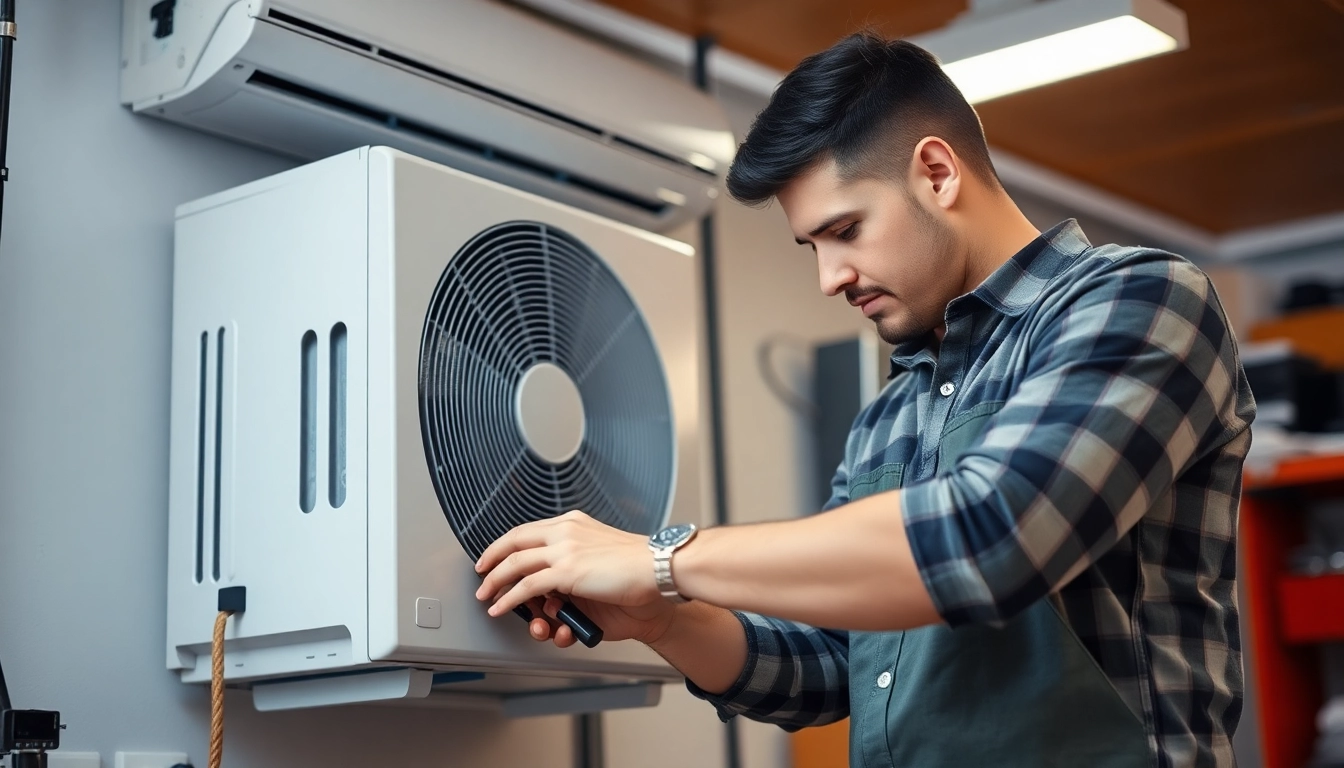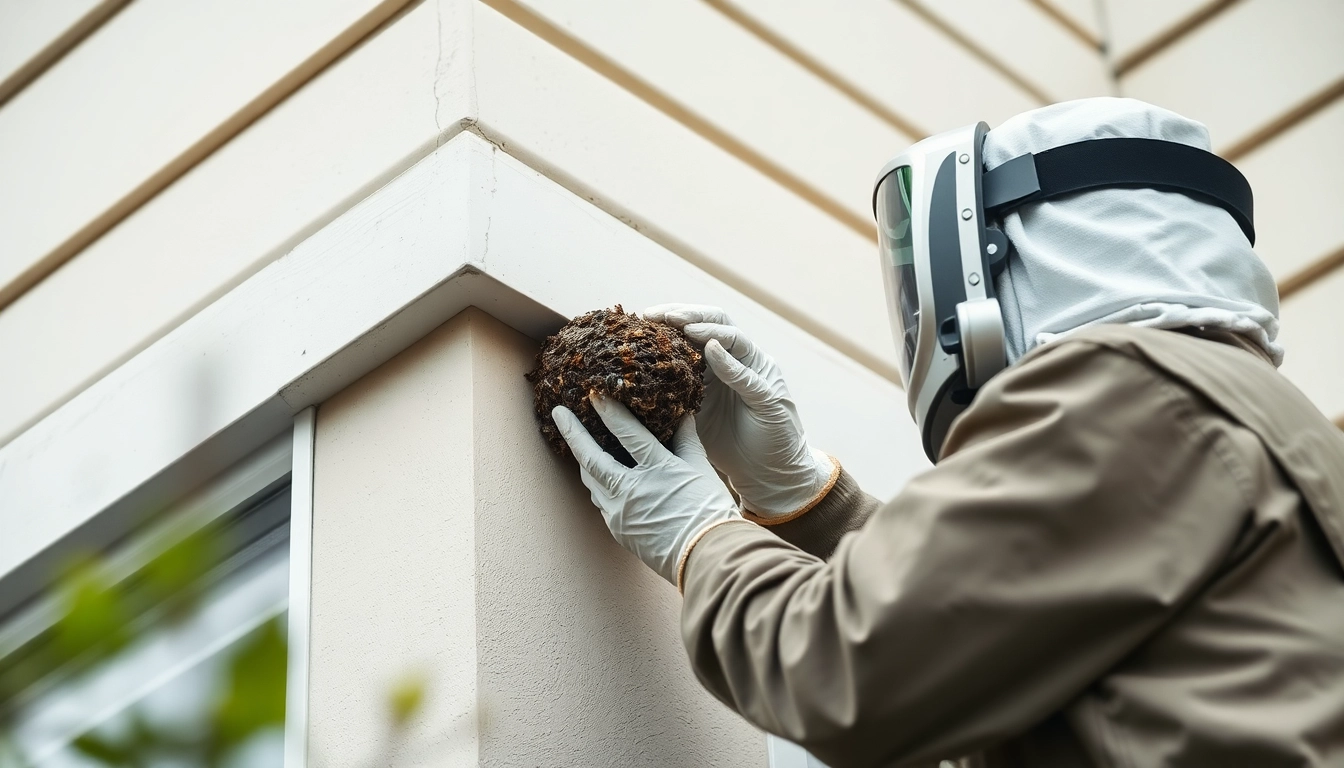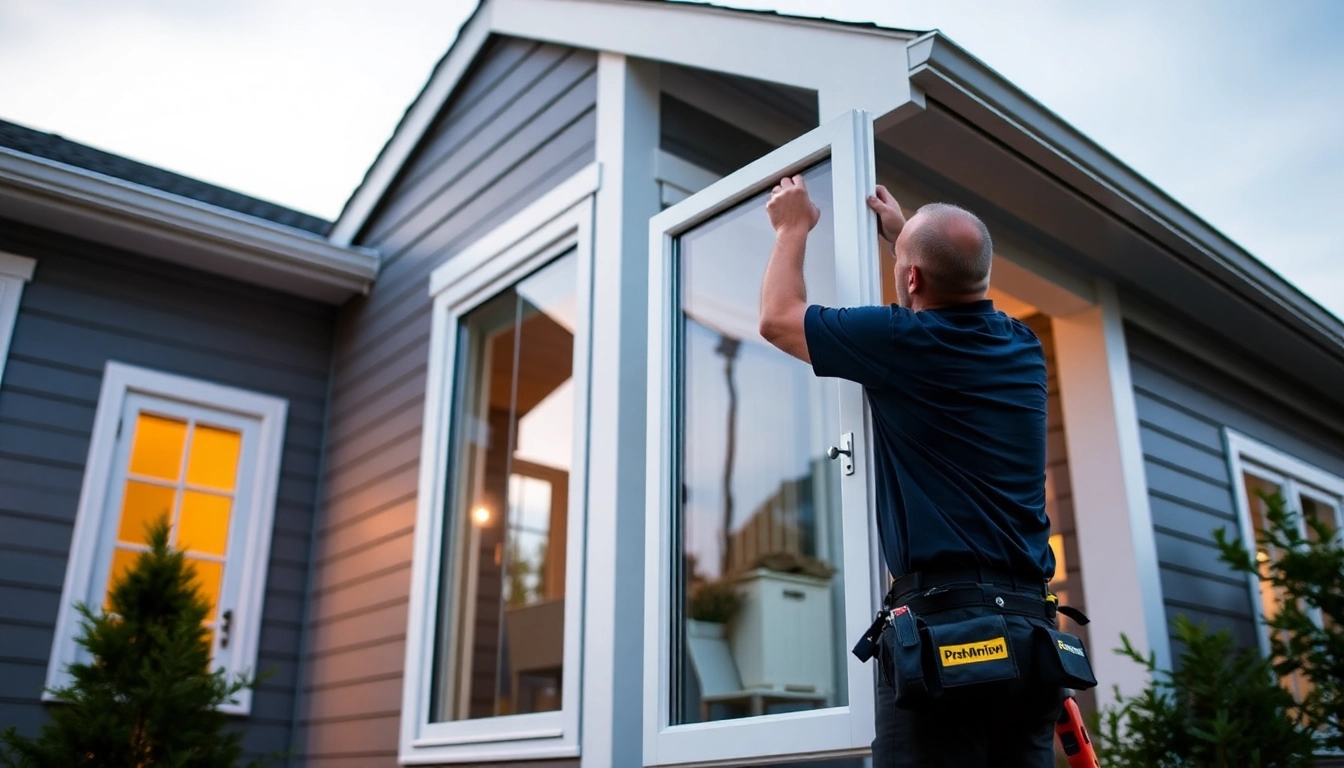Understanding the Role of Local Roofers
Roofing is a fundamental aspect of property maintenance and protection, encompassing a variety of services that safeguard buildings from weather elements, improve energy efficiency, and enhance curb appeal. At the heart of this essential trade are roofers — skilled professionals who specialize in the installation, repair, and maintenance of roofs for both residential and commercial properties across the UK. Their expertise ensures that structural integrity is preserved, leaks are prevented, and the longevity of the roofing system is maximized.
In a landscape dotted with numerous roofing contractors, understanding the scope of services, materials used, and how to identify reliable professionals is crucial for homeowners and business owners alike. This comprehensive guide aims to demystify the role of local roofers, offer practical advice on selecting the right contractor, and highlight the latest practices and innovations in the roofing industry.
What Services Do Roofers Provide?
Roofers offer a comprehensive range of services designed to meet the diverse needs of property owners. These services fall into broad categories, each requiring specific skills and knowledge:
- Roof Installation: This involves the complete setup of new roofing systems on residential or commercial structures. It includes assessing the structure, selecting appropriate materials, and executing precise installation procedures to guarantee durability and compliance with building codes.
- Roof Repairs: Over time, roofs develop issues such as leaks, broken tiles, or damaged shingles. Roofers diagnose the root cause of problems and carry out repairs that restore the roof’s integrity. Timely maintenance can prevent minor issues from escalating into costly damage.
- Roof Inspections: Regular inspections help identify potential weaknesses or damages before they become critical. Roofers assess the condition of existing roofs, providing detailed reports and recommendations for repairs or replacements.
- Maintenance Services: Preventative maintenance includes cleaning gutters, removing debris, and checking for early signs of degradation. These measures extend the lifespan of roofing materials and improve overall performance.
- Gutter and Flashing Work: Proper installation and repair of gutters and flashing prevent water ingress and damage. Roofers ensure these components are well-integrated with the roofing system for optimal drainage and protection.
- Specialized Roofing Projects: This category covers unique projects such as flat roofing, green roofs, solar panel integration, and high-performance impermeable membranes designed for specific environmental and aesthetic requirements.
Types of Roofing Materials Popular Among Roofers
The choice of roofing material significantly impacts the durability, appearance, and cost of a roofing project. Roofers work with a variety of materials, each with distinct advantages and suitable applications:
Asphalt Shingles
One of the most common and affordable options, asphalt shingles are easy to install, versatile in style, and durable. They typically last 15-30 years, making them suitable for residential properties.
Clay and Concrete Tiles
Known for their aesthetic appeal and longevity, clay and concrete tiles offer excellent resistance to weather and fire. They are heavier and require a reinforced structure but provide a timeless look, especially in Mediterranean-style homes.
Slate Roofing
Natural slate is prized for its natural beauty, fire resistance, and lifespan of up to 100 years or more. However, it demands specialized installation skills and higher upfront costs.
Metal Roofing
Metal roofs, made from steel, aluminum, or copper, are lightweight, highly durable, and environmentally friendly. They are ideal for modern designs and areas prone to high winds or heavy snowfall.
EPDM and Flat Roofing Membranes
Used predominantly on flat roofs, these membranes offer waterproofing solutions suitable for commercial buildings and extensions. They are flexible, long-lasting, and easy to maintain.
Green and Eco-Friendly Roofing
Encompassing vegetative roofs and reflective coatings, eco-friendly options contribute to sustainability and energy savings. These are growing in popularity among environmentally conscious property owners.
How to Choose the Right Roofer for Your Project
Selecting a trustworthy and skilled roofer is paramount to ensure the success and longevity of your roofing project. Here are key factors and steps to guide your decision-making process:
Verify Credentials and Certifications
Always check if the roofer holds relevant licenses, certifications, and memberships with reputable industry organizations such as the National Federation of Roofing Contractors (NFRC). Certified roofers adhere to high standards, safety protocols, and best practices.
Review Portfolio and References
Request examples of previous work and contact past clients for feedback on quality, professionalism, and timeliness. Online reviews and ratings on platforms like TrustATrader or Checkatrade can also provide valuable insights.
Obtain Multiple Quotes
Get detailed estimates from at least three contractors to compare pricing, scope of work, and timelines. Be wary of significantly low quotes, which may indicate subpar materials or incomplete work.
Assess Experience and Local Knowledge
Choose roofers with substantial experience in your specific type of roof and familiarity with local building codes and climate conditions. Local roofers are typically more responsive and better informed about regional requirements.
Evaluate Warranties and After-Sales Support
Ensure that the contractor offers warranties on both materials and workmanship. Reliable roofers stand behind their work and provide ongoing support if issues arise post-installation.
How to Find Reliable Roofers Near You
Locating dependable roofers close to your property involves leveraging reputable sources, thorough research, and strategic inquiries. Here’s how to streamline your search:
Using Online Directories and Reviews
Online platforms such as Checkatrade, TrustATrader, and MyBuilder compile vetted local roofers with reviews, portfolios, and service guarantees. These directories often include specific filters for proximity, specialties, and customer ratings, enabling you to identify the best providers nearby.
Requesting Multiple Quotes and Clarifying Details
When contacting potential roofers, be explicit about your project scope, materials preferences, and desired timelines. Request detailed quotes that include all costs, such as permits, disposal, and warranties — and compare these to make an informed decision.
Questions to Ask Potential Roofing Contractors
- Are you licensed and insured?
- Can you provide references from recent clients?
- What materials do you recommend, and why?
- What is the expected project timeline?
- What warranties do you offer on your work?
- Will you manage permits and inspections?
Proactively engaging with multiple candidates ensures transparency, thoroughness, and confidence in your chosen contractor.
Best Practices for Roofing Maintenance and Repairs
Maintaining a roof’s integrity is a continuous process. Proper care minimizes costs, prolongs lifespan, and prevents unexpected failures. Follow these best practices:
Regular Inspection and Preventative Care
Conduct visual inspections at least twice a year, especially after severe weather events. Look for damaged shingles, displaced flashing, moss growth, or clogged gutters. Professional inspections can detect hidden issues early, saving you money and stress in the long run.
Signs Your Roof Needs Repair
Indicators include water stains on ceilings, missing or broken shingles, sagging areas, granule loss in gutters, and recurring leaks. Addressing these promptly prevents structural deterioration and keeps your property safe.
Environmental Factors Impacting Roof Durability
Weather extremes, such as heavy rain, snow, hail, and strong winds, accelerate wear and tear. Pollution and tree debris can cause moss or algae growth, and Salt air in coastal regions may corrode metal components. Tailoring maintenance routines to environmental conditions enhances longevity.
Advancements and Certifications in Roofing
The roofing industry continually evolves, integrating innovations that improve safety, sustainability, and efficiency. Recognizing these advancements is vital for homeowners seeking quality installations.
Eco-Friendly Roofing Options
Modern choices such as reflective coatings, green roofs, and solar-absorbing materials reduce energy bills and carbon footprints. These environmentally sustainable options are gaining popularity and can qualify for tax incentives or rebates.
Certifications to Look for in a Quality Roofer
Industry certifications like NFRC membership or manufacturer accreditation signify that a contractor meets rigorous standards and stays current with technological developments. Certifications also ensure adherence to safety and quality benchmarks.
Benefits of Choosing Certified Roofing Professionals
Certified roofers typically provide superior craftsmanship, warranty coverage, access to advanced materials, and assurance of adherence to local building codes. Their expertise minimizes risks and enhances project outcomes.
Cost Management and Sustainable Roofing Investments
Understanding the financial aspects of roofing projects enables property owners to make cost-effective and sustainable decisions. Here’s what to consider:
Understanding Roofing Quotes and Pricing
Pricing varies based on material choice, roof size, design complexity, and geographic location. Always request detailed quotes that itemize labor, materials, permits, and warranties. Negotiating and comparing offers ensures fair pricing without compromising quality.
Long-term Cost Savings with Quality Roofing
Investing in high-quality materials and skilled installation initially might seem costly but results in lower maintenance expenses and longer intervals between replacements. Energy-efficient roofs also reduce utility bills, delivering ongoing savings.
Financing and Warranty Options
Many contractors offer flexible payment plans, and some manufacturers provide extended warranties or service packages. Carefully review warranty terms to understand coverage, claim procedures, and duration, ensuring peace of mind long after installation.

